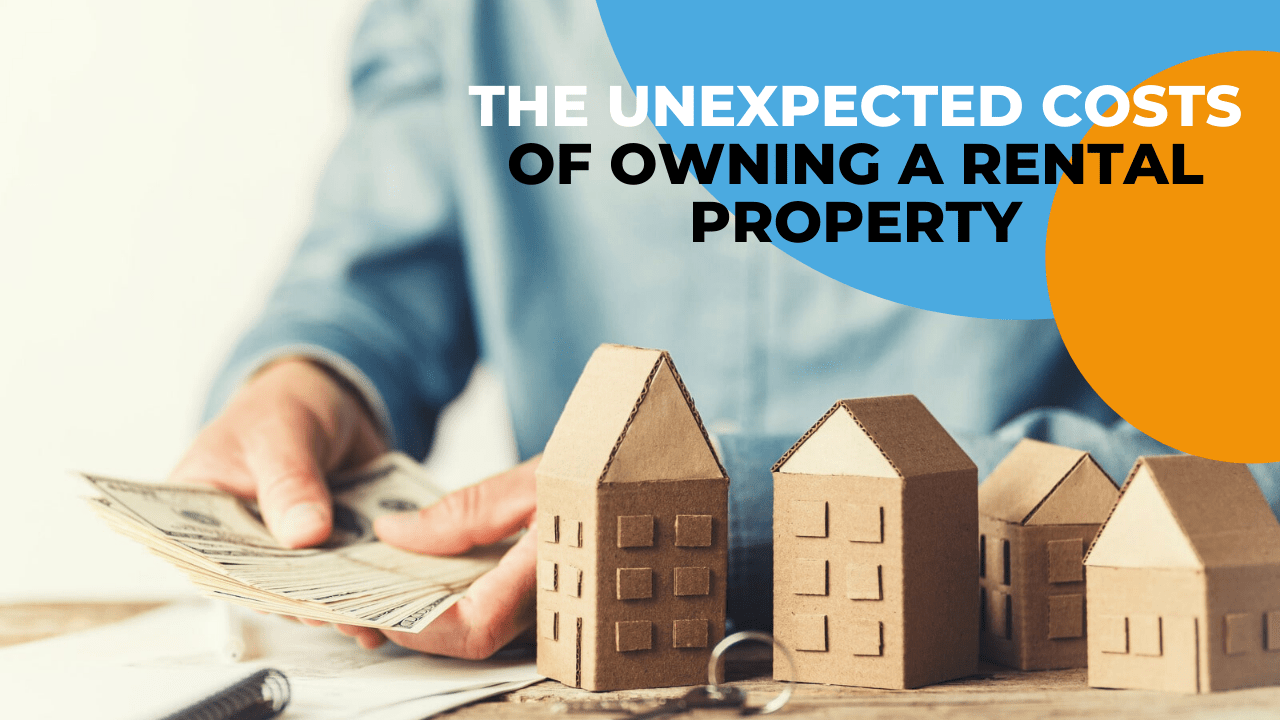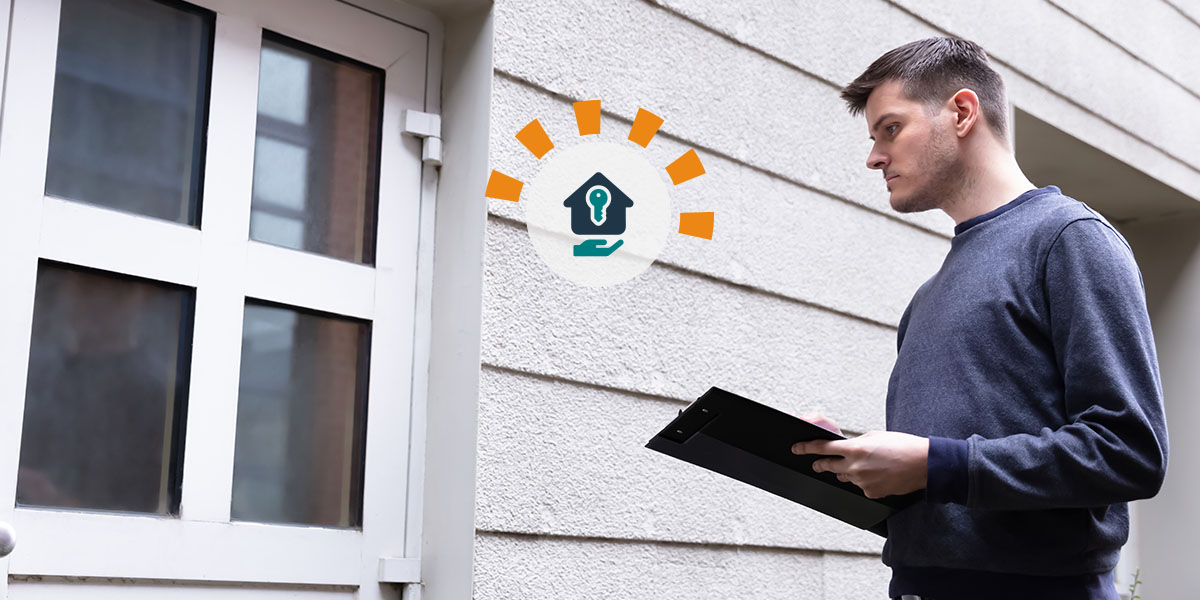Budgeting strategies
Navigating Rental Expenses: Understanding Costs and Budgeting

Decoding Rental Expenses: A Comprehensive Guide to Understanding Costs and Budgeting
Renting a property involves more than just the monthly rent payment. From security deposits to utility bills, understanding the various rental costs is crucial for tenants to manage their budget effectively. Let’s delve into the intricate world of rental expenses and how tenants can navigate them wisely.
Breaking Down the Monthly Rent
The monthly rent is the most visible and significant rental expense. It covers the cost of occupying the property and is typically due on a monthly basis. Understanding the terms of the lease agreement, including the amount, due date, and acceptable payment methods, is essential for tenants to stay on top of this primary expense.
Navigating Security Deposits
Security deposits are common in rental agreements, serving as a form of financial protection for landlords. While tenants can often expect to have their security deposit refunded upon the lease’s conclusion, understanding the conditions for retaining or refunding this deposit is crucial. It’s advisable for tenants to conduct a thorough move-in inspection and document the property’s condition to ensure a smooth return of the deposit.
Utility Bills: An Often Overlooked Expense
Utility costs can significantly impact the overall rental budget. These include electricity, water, gas, and sometimes even internet and cable. Understanding which utilities are included in the rent and which are the tenant’s responsibility is vital. Monitoring utility usage and exploring energy-efficient practices can help tenants manage these costs effectively.
Maintenance and Repairs: Unforeseen Expenses
While landlords are typically responsible for major repairs, tenants may be responsible for minor maintenance issues. It’s essential to clarify these responsibilities in the lease agreement. Having a budget set aside for routine maintenance and minor repairs can prevent financial surprises and ensure a well-maintained living environment.
Insurance: Protecting Your Belongings
Rental insurance, although not always mandatory, is a wise investment for tenants. It protects personal belongings in the event of theft, damage, or natural disasters. Understanding the coverage and cost of rental insurance options is crucial for tenants to make informed decisions about their level of protection.
Understanding Late Fees and Penalties
Late fees can quickly escalate rental costs if tenants fail to pay their rent on time. It’s imperative to be aware of the late fee policy outlined in the lease agreement. Planning ahead and ensuring timely rent payments can help tenants avoid unnecessary penalties and additional financial strain.
Parking and Additional Fees
For tenants with vehicles, parking fees can be an additional expense. Some rental properties charge extra for designated parking spaces or require permits. Understanding the parking situation and associated fees is essential for tenants who own cars. Additionally, tenants should be aware of any other potential fees, such as pet fees or amenity charges, outlined in the lease agreement.
Budgeting Strategies for Tenants
With various rental expenses to consider, effective budgeting becomes a crucial skill for tenants. Creating a detailed budget that accounts for rent, utilities, insurance, and other potential costs allows tenants to manage their finances responsibly.
Efficient Rental Maintenance: Ensuring Comfort and Well-being

Ensuring Comfort and Well-being: The Importance of Efficient Rental Maintenance
Rental maintenance is a critical aspect of providing tenants with a comfortable and safe living environment. Landlords who prioritize and efficiently handle maintenance contribute not only to the well-being of their tenants but also to the overall success of their rental properties. In this article, we delve into the significance of rental maintenance and how it impacts tenant satisfaction and property value.
Proactive Maintenance Planning: A Strategic Approach
Proactive maintenance planning involves anticipating potential issues before they become major problems. Landlords should conduct regular property inspections to identify maintenance needs such as plumbing leaks, electrical issues, or structural concerns. By addressing these issues early on, landlords can prevent costly repairs, ensure tenant safety, and maintain the overall integrity of the property.
Responsive Repairs: Timely Solutions to Tenant Concerns
Timely and responsive repairs are essential for tenant satisfaction. When tenants report maintenance issues, landlords should act promptly to assess and address the problem. Whether it’s a malfunctioning appliance, a leaky roof, or a heating system failure, efficient responses demonstrate a commitment to tenant well-being and contribute to a positive tenant-landlord relationship.
Clear Communication on Maintenance Procedures: Setting Expectations
Clear communication regarding maintenance procedures is crucial for setting expectations. Landlords should outline the process for reporting maintenance issues, specify expected response times, and provide information on how urgent matters will be prioritized. Transparent communication helps tenants understand the procedures in place and fosters a sense of trust in the landlord’s commitment to property upkeep.
Preventive Maintenance Measures: Preserving Property Value
Implementing preventive maintenance measures is key to preserving the long-term value of the rental property. Regular tasks such as HVAC system checks, gutter cleaning, and pest control can prevent deterioration and extend the lifespan of essential components. Landlords who invest in preventive maintenance not only save on potential repair costs but also enhance the overall appeal and value of their rental units.
Landscaping and Exterior Maintenance: Curb Appeal and Tenant Satisfaction
The exterior of a rental property plays a significant role in tenant satisfaction and overall curb appeal. Well-maintained landscaping, clean walkways, and a fresh coat of paint contribute to a positive first impression. Landlords should prioritize exterior maintenance to create a welcoming environment, enhance property aesthetics, and demonstrate a commitment to the overall upkeep of the rental property.
Budgeting for Maintenance Costs: Long-Term Financial Planning
Budgeting for maintenance costs is a critical aspect of long-term financial planning for landlords. Setting aside funds specifically designated for property maintenance ensures that landlords can address issues promptly without compromising their financial stability. Proactive budgeting contributes to the sustainability of the rental property and minimizes the impact of unexpected maintenance expenses.
Tenant Education on Basic Maintenance: Empowering Tenants
Empowering tenants with basic maintenance knowledge can contribute to the overall efficiency of rental property management. Landlords can provide tenants with guidelines on simple tasks such as changing air filters, reporting minor issues promptly, and basic home care practices. Tenant education fosters a collaborative approach to maintenance,
